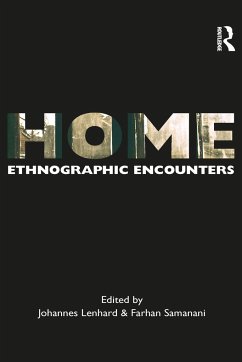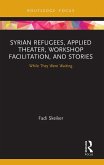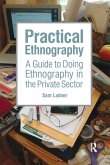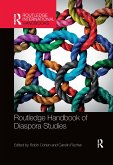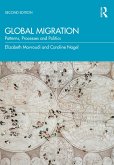How are notions of 'home' made and negotiated by ethnographers? And how does the researcher relate to forms of home encountered during fieldwork? Rather than searching for an abstract, philosophical understanding of home, this collection asks how home gains its meaning and significance through ongoing efforts to create, sustain or remake a sense of home. The volume explores how researchers and informants alike are always involved in the process of making and unmaking home, and challenges readers to reimagine ethnographic practice in terms of active, morally complex process of home-making. Contributions reach across the globe and across social contexts, and the book includes chapters on council housing and middle-class apartment buildings, homelessness and migration, problems with accessing the field as well as limiting it, physical as well as sentimental notions of home, and objects as well as inter-human social relations. Home draws attention to processes of sociality that normally remain analytically invisible, and contributes to a growing and rich field of study on the anthropology of home.
This book makes a timely and distinctive contribution to resurgent anthropological interest in 'home': timely, because its enriches our understanding of how people make home when their lives are frequently punctuated by mobility, precarity and displacement; and distinctive, because of its reflections on how the study of home-making relates to the ethnographer's efforts to either do anthropology 'at home', or make a home for themselves in an unfamiliar place. - Catherine Locke, University of East Anglia, UK

